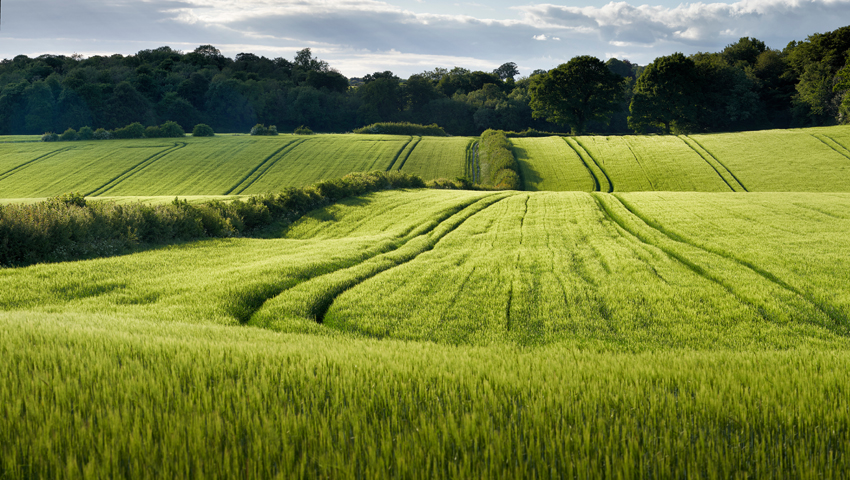A NEW report from environment think tank Green Alliance finds that supporting farmers to create new woodlands and restoring peatlands is a cheaper route to net zero than relying heavily on technology to remove carbon emissions from the atmosphere.
The Shaping UK land use report finds that the UK can achieve its net zero targets for land use by supporting farmers and land managers to create natural carbon sinks. This would see around 10% of the least productive farmland being managed for carbon and nature, such as wetlands, woodlands and extensively grazed grasslands by 2030, rising to a third by 2050.
At the same time, farming with agroecological methods could increase from the three per cent of farmland today to around 60% of the land farmed in 2050.
Yet if ministers fail to build and restore these natural carbon sinks, the UK will be forced to import large quantities of biomass, such as wood pellets, to generate negative emissions from bioenergy with carbon capture and storage (BECCS). According to the report, this would be a high risk and expensive, adding £100 billion to the cost to the taxpayer of delivering net zero by 2050.
The report comes ahead of the government needing to explain how it will meet its legally binding climate targets, including for farming and land use, after the High Court found the government’s net zero strategy unlawful.
While land use and agriculture currently produce around 15% of total UK emissions, targets to achieve net zero require the sector to be net negative. This means the sector must absorb more carbon than it emits.
The report also finds that an approach that supports farmers to restore nature would improve incomes for almost two thirds of farmers and help reverse wildlife decline, such as increasing bird populations by 84% on average across 116 wild species, including bitterns, cuckoos and nightingales.
Lydia Collas, policy analyst at Green Alliance, said, “The UK can be genuinely world leading in restoring nature and supporting net zero farming. But we need a plan to make a success of how we use land to restore nature, cut carbon, and grow food. Our report shows that the government has a choice to make. It can support farmers to store carbon and reverse the decline in nature by creating lots of new natural habitats, or it can throw billions at bioenergy.”
